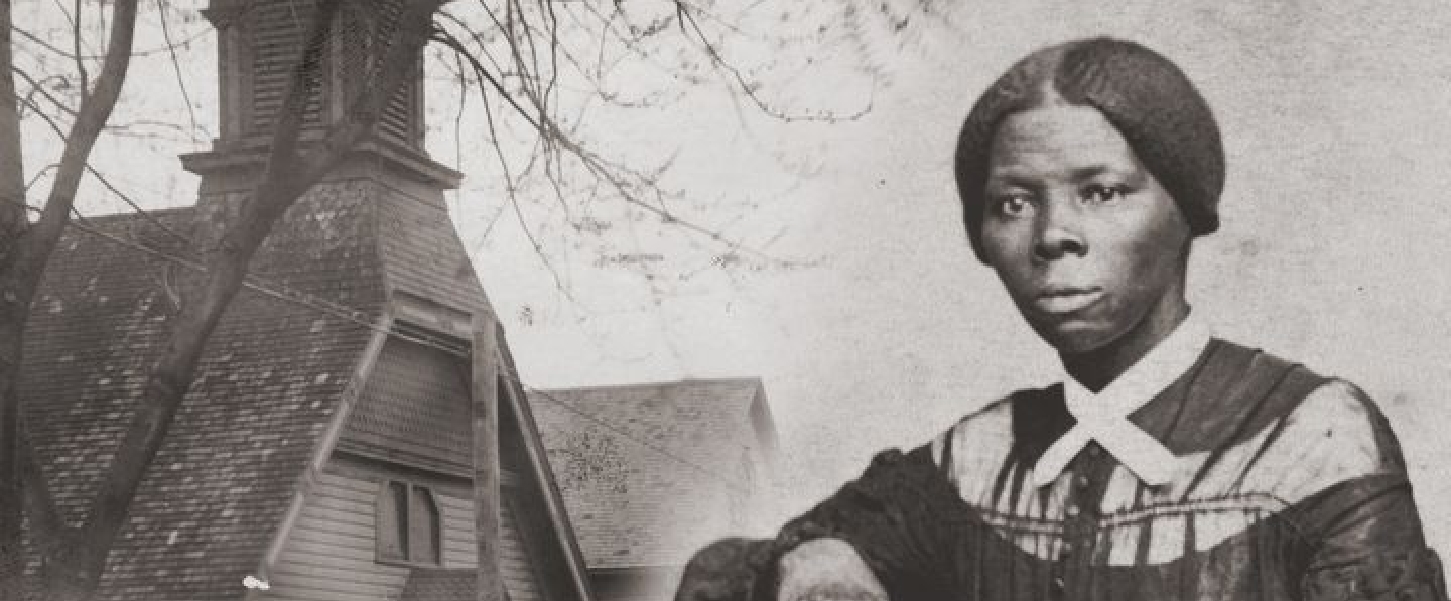
Life and Legacy
Harriet Tubman: Equal Rights Champion
In 1820, Harriet Tubman was born the eleventh child of enslaved parents, Harriet Green and Benjamin Ross. Suffering the hardships of slavery, Tubman was rented out for various tasks and enduring horrendous physical abuse, which left her with lasting effects, including intermittent seizures.
In 1849, Tubman decided to escape slavery and fled to Philadelphia, leaving behind her then husband, who refused to leave, parents, and siblings. It was here, Tubman learned about the Underground Railroad, a secret network aiding escaped slaves. She joined this community, and selflessly began what would be at least 19 trips to and from the South, leading enslaved individuals to Canada, where they could find safety. As the Underground Railroad’s most famous conductor, Tubman was called “the Moses of her people.” Fear in slaveholders, prompted them to place a $40,000 bounty on her capture. Ever enduring, she encouraged movement and inspired others to take charge of their destinies, offering guidance and support.
Tubman was later recruited by and worked for the Union Army. She nursed wounded black soldiers, scouted, and spied on opposing parties to help identify slaves to be freed. Post-war, Tubman moved to Virginia to continue care for soldiers as the matron of the Colored Hospital at Fortress Monroe. She later worked as a teacher and educator to ophanes, and ultimately because a public voice, appearing at anti-slavery meetings and speaking on women’s rights.
Tubman flourished into a farmer, landowner, and philanthropist. Continually caring for anyone in need, she worked hard to move various family members to her house in Auburn, New York, took in orphans, and ultimately remarried. She raised funds for schools, supported herself and those she sheltered by selling produce from her garden, raising pigs and accepting donations. With support from Zion Church, Tubman puchased land and developed the Harriet Tubman Home for the Elderly–a passion which had grown after caring for her aging parents for many years. Dedicated to social reform, Tubman even served as a delegate to the National Association of Colored Women’s first annual convention in 1896.
Harriet Tubman lived to be 93 years old.
As an equal rights champion, Tubman’s played a pivotal role as an abolitionist, courageously leading enslaved individuals to freedom via the Underground Railroad and embraced the suffragist movement, passionately advocating for women’s right to vote. Her dedication and remarkable achievements across multiple facets of equality, underscores her enduring impact on civil rights. Her commitment is a testament to the power of individual power to shape a more just and compassionate society and continues to be a source of inspiration today.